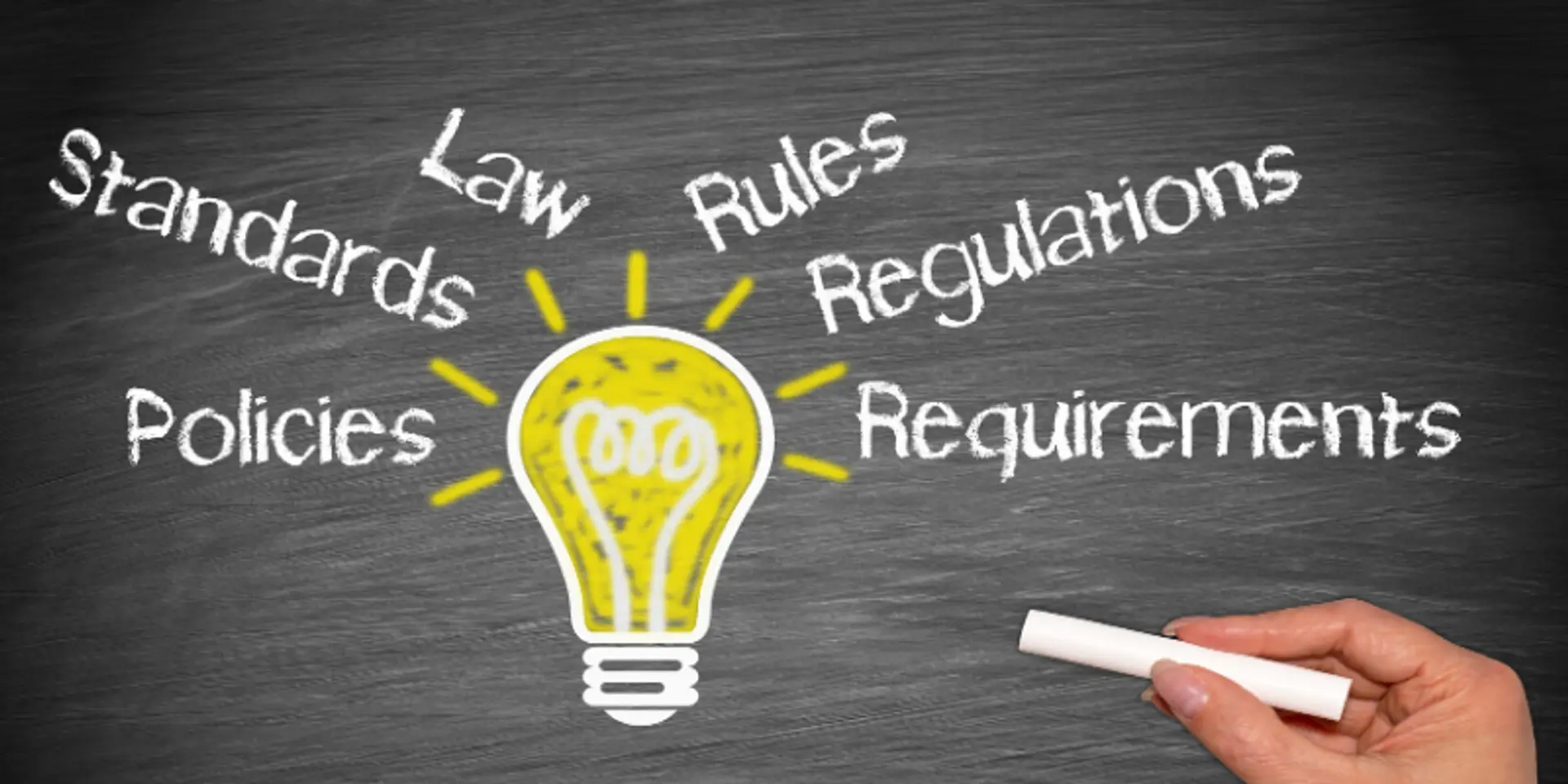How regtech solutions can maximise agility and minimise risk when it comes to compliance
Regtech solutions enable organisations to process compliance in a cost-effective manner with no dependency on subject matter experts within time irrespective of the volume of information to be submitted.
Regtech has become an often loosely used jargon in recent times. In simple, terms it stands for ‘regulatory technology’ or denotes ‘regulatory compliance technology’—software that enables organisations to assess, perform, monitor and report applicable compliances.
Regtech solutions come in many forms. It could be a checklist which lists the applicable compliances for monitoring purposes, a tool that collates information across systems for reporting purposes, or it could be a comprehensive execution cum reporting platform with the ability to generate compliance certificates, dashboards and reports for internal and regulatory consumption. The adoption of one such solution depends on the scale and complexity of each organisation. Interestingly, India is quite mature as compared to the rest of the world when it comes to software-enabling regulatory compliances.
Post-liberalisation in the 1990s, we witnessed significant changes in policies from various authorities followed by stringent rules and penalties in the aftermath of quite a few scams and the global financial crisis. The first set of industries to come under heavy governance was financial services where the biggest challenge was implementing the rules and proactively understanding compliance failures which may put the organisation at risk of high penalties and reputation risk.
Early 2010 onwards India witnessed a fast-paced digital transformation where authorities on one hand were improvising their systems and releasing new rules practically every month and the industry was creating a mix of optimised core systems and custom-built tools. It was an opportunity for tech entrepreneurs to develop products enabling compliance monitoring and reporting.

The earliest products were pretty simple; they had the ability to sift through volumes of data and enable reporting. The next step was the ability to find defects in volumes of data through simple logical filters and reporting only defects. This was followed by the ability to integrate with core systems to fetch, filter, analyse and report structured data for governance and decision-making. Gradually, these products evolved into platforms from one industry to another and started covering the wider spectrum of requirements from various industries and regulators.
Currently, both regulators and the industry have robust systems in place with a high level of integration to give real-time alerts and seamless reporting. The future, which is not very far from today, will have solutions to predict compliance failures with a high level of accuracy. These solutions will be so simple to use that it would eliminate the need for a subject matter expert to guide on routine matters of compliance. The regulators are increasingly permitting the integration of third-party software with their core systems to ensure an end-to-end seamless flow of information from the source of the transaction to the destination in the regulatory platform transparently, leaving a trail of every step in the journey.
Regtech solutions enable organisations to process compliance in a cost-effective manner with no dependency on subject matter experts within time irrespective of the volume of information to be submitted. They also limit liaison with the authorities. The regulator does not need to follow up or create hierarchies for governance and monitoring. The entire reporting framework and audit trail are transparent to all stakeholders.
(Mahesh Krishnamoorthy is the Managing Director of Core Integra, a regulatory technology company.)
Edited by Kanishk Singh
(Disclaimer: The views and opinions expressed in this article are those of the author and do not necessarily reflect the views of YourStory.)








